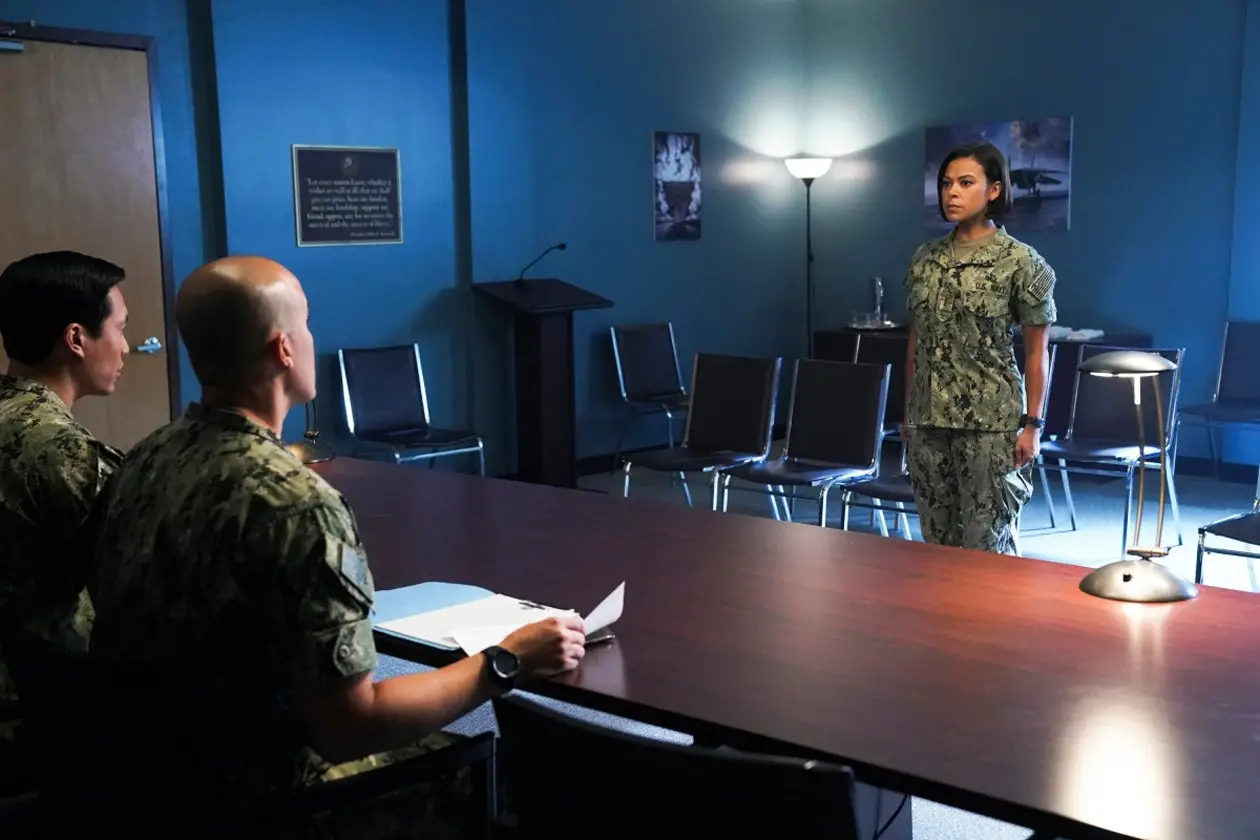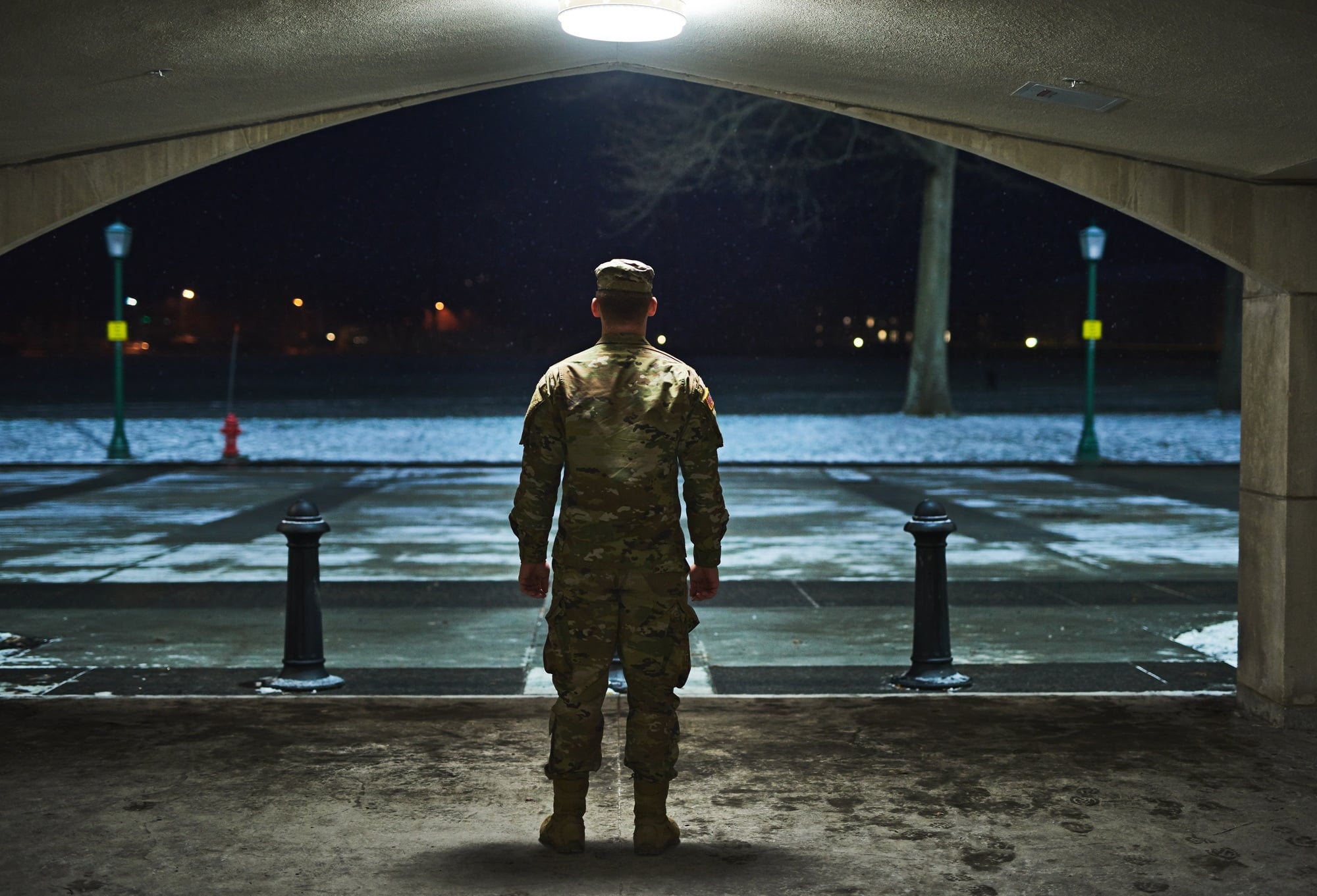Adultery in the military is addressed under Article 134 of the UCMJ, also known as the “General Article,” which is a list of prohibited conduct that is of a nature to bring discredit upon the armed forces or is prejudicial to good order and discipline. Although adultery is often challenging to prove, commanders at the lowest appropriate levels are given significant leeway in deciding what is considered to bring discredit upon their unit or what is prejudicial to its good order and discipline. It is also important to note that single service members can be charged with adultery if the person with whom they had intercourse is married at the time of the act.
Maximum Possible Punishments for Violations of Article 134: Adultery
Article 134 (Adultery) states that the maximum punishment is a Dishonorable Discharge, forfeiture of all pay and allowances, and confinement for one year.
Understanding Article 134 (Adultery) of the UCMJ
The crime of adultery under the UCMJ consists of three elements. All three of these elements must be proved by the government beyond a reasonable doubt to charge a service member with adultery and include:
-
That the accused wrongfully had sexual intercourse with a specific person;
-
That, at the time, the accused or the other person was married to someone else; and
-
That, under the circumstances, the conduct of the accused was to the prejudice of good order and discipline in the armed forces or was of a nature to bring discredit upon the armed forces.
Article 134 also sets forth nine factors a commander should consider when deciding whether a service member’s adulterous actions are prejudicial to their unit’s good order and discipline or are of a nature to bring discredit upon the armed forces:
-
The accused’s marital status, rank, or position;
-
The co-actors their marital status, rank, position, or relationship to the armed forces;
-
The military status of the accused’s spouse or spouse of the co-actor or their relationship to the armed forces;
-
The impact, if any, of the adulterous relationship on the ability of the accused, the co-actor, or the spouse of either to perform their military duties;
-
The misuse, if any, of government time and resources to facilitate the commission of the conduct;
-
Whether the conduct persisted despite counseling or orders to cease; the flagrancy of the conduct, such as whether any notoriety ensued; whether other violations of the UCMJ accompanied the adulterous act;
-
The negative impact of the conduct on the units of the accused, the co-actor, or the spouse of either of them, such as a detrimental effect on unit morale, teamwork, and efficiency;
-
Whether the accused or co-actor was legally separated and
-
Whether the adulterous conduct involves an ongoing or recent relationship or is remote in time.
How do you defend against Article 134 charges for fraternization?
When facing the combined military resources and the current cultural climate, you must be prepared to defend your career and freedom. Crisp and Associates, LLC has a team of experienced trial attorneys who have won these cases. This team includes the firm’s founder, Jonathan Crisp, a highly respected former Army JAG with over 23 years of experience in military law and a sought-after speaker and lecturer on martial law. Donald Gordon has litigated cases before the Discharge Review Board, the Board for Correction of Military Records, and the Board for Correction of Naval Records regarding various matters and a diverse background of clients.
If you are someone you know is facing Article 134 charges for adultery, you need to speak with a Military defense attorney right away.



